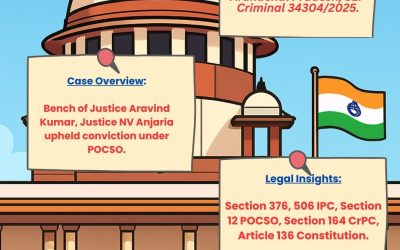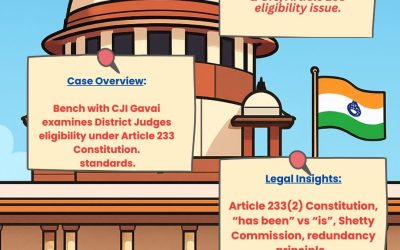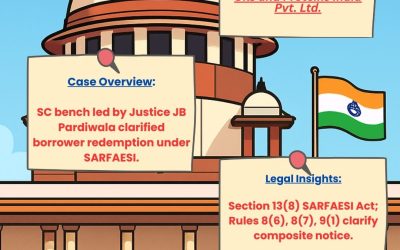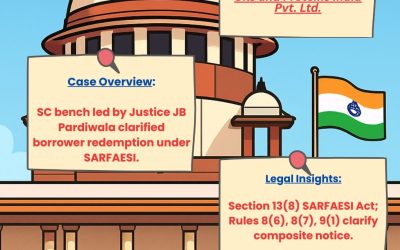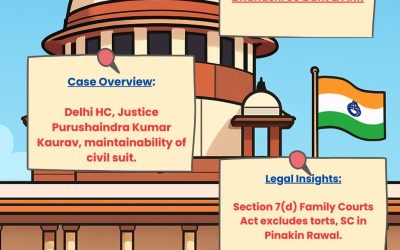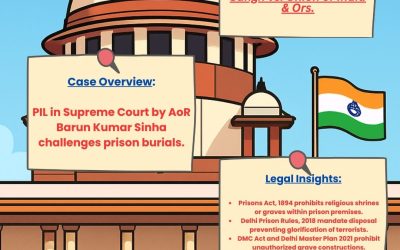
The Supreme Court rules that a lawyer cannot give a court undertaking without the client’s clear authorization.
ADVOCATE CANNOT GIVE UNDERTAKING WITHOUT CLIENT’S EXPLICIT AUTHORITY BY SUPREME COURT
Headline
Advocate Cannot Give Undertaking Without Client’s Explicit Authority by Supreme Court in SMT LAVANYA C & ANR vs. VITTAL GURUDAS PAI SINCE DECEASED BY LRS. & ORS.
Summary
The Supreme Court stated that an advocate cannot give an undertaking without the explicit authorization of a client, stressing on the lawyer-client relationship as fiduciary. The judgment was delivered by Justice Pankaj Mithal & Justice Sanjay Karol.
Key Facts
- Case Name: SMT LAVANYA C & ANR vs. VITTAL GURUDAS PAI SINCE DECEASED BY LRS. & ORS.
- Bench: Justice Pankaj Mithal and Justice Sanjay Karol
- The lawyer of the appellant gave an undertaking in 2007 that they would not alienate the suit property.
- Afterwards the appellant violated this undertaking.
- The High Court found them guilty under Order 39 Rule 2A of Civil Procedure Code (CPC), which led to an appeal before the Supreme Court of India.
Legal Insights
The ruling of the Supreme Court shows Order 39 Rule 2A of Civil Procedure Code (CPC) deals with the consequences of violating the injunctions orders of the court. The Court held that while a lawyer represents a client and any undertaking must have express authorization, showing the sanctity of the lawyer-client relationship.
Impact
This judgment of the Supreme Court looks into that advocates cannot bind clients to commitments they did not authorize, upholding ethical legal representation.
Why It Matters
The ruling sheds light on the scope of an authority of lawyers and strengthens the lawyer-client relationship, so that rights of the clients’ are protected in legal proceedings.
Source
Read also- DIFFERENCES BETWEEN DECREE, ORDER AND JUDGMENT


